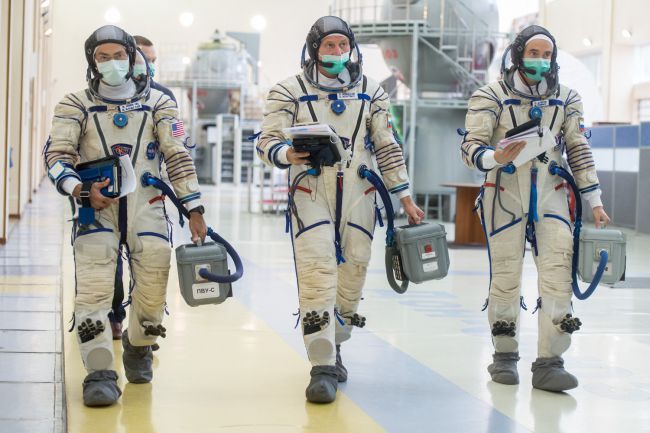
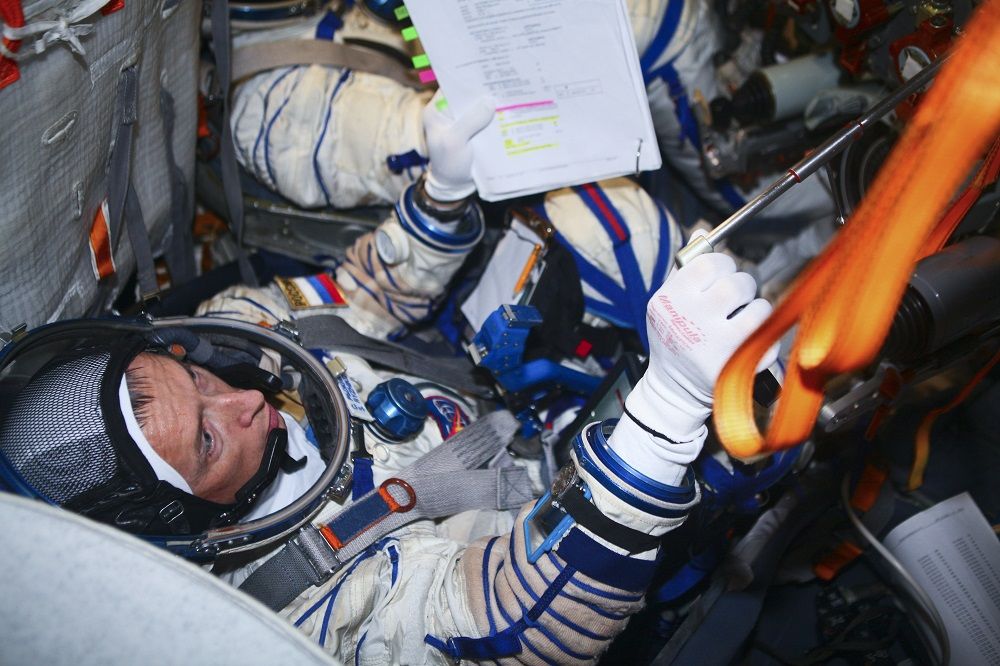
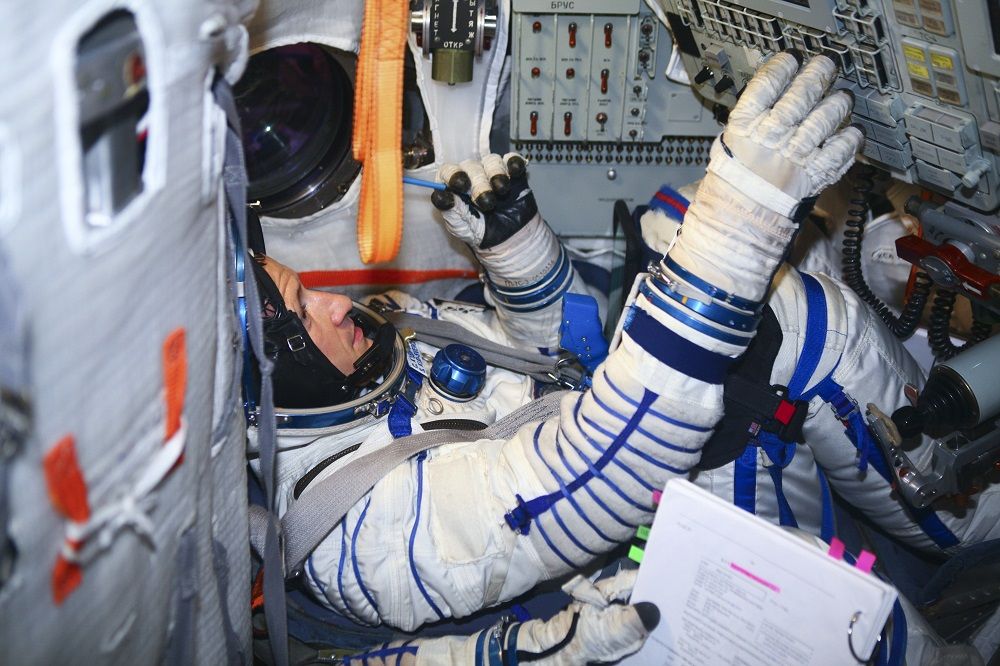
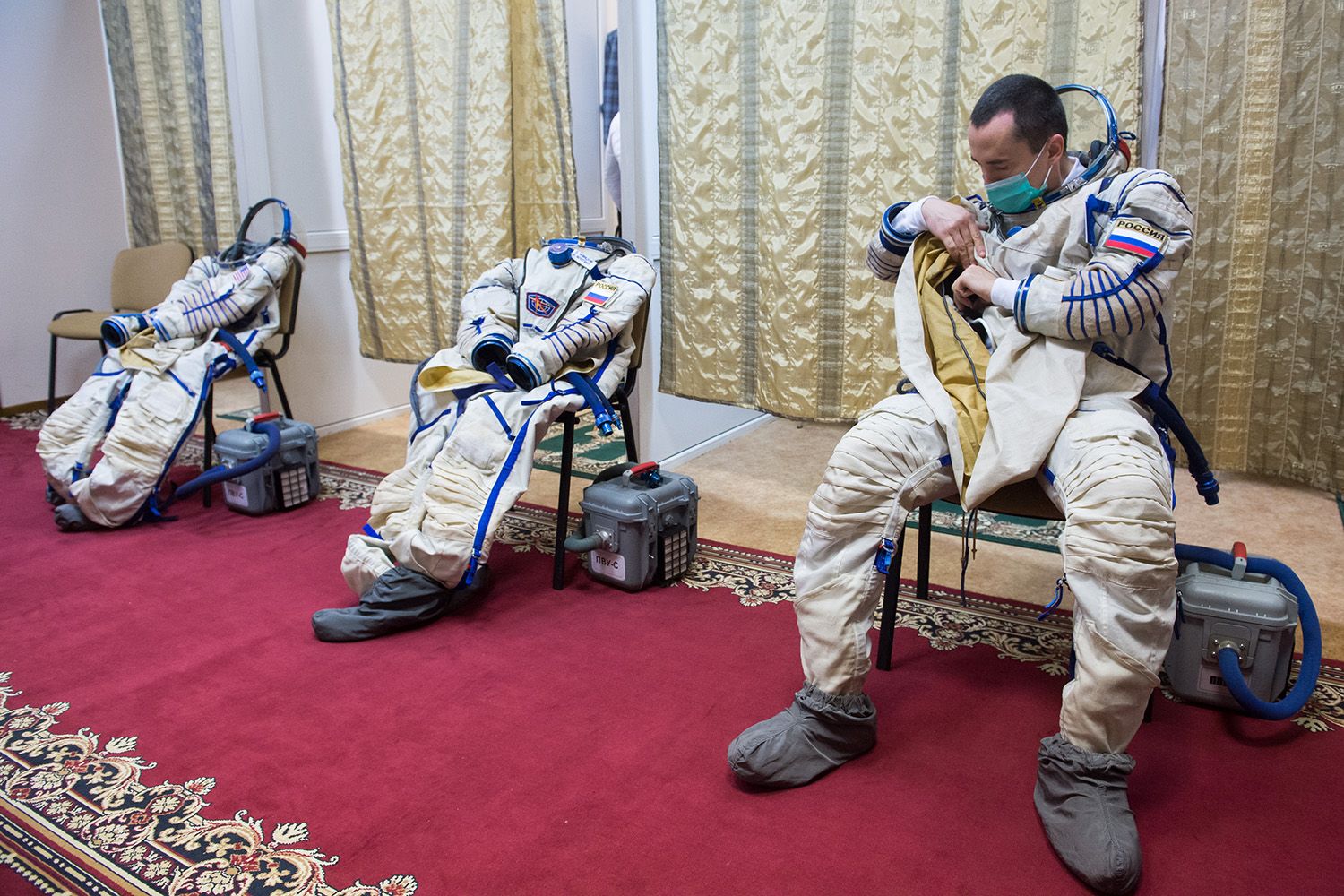
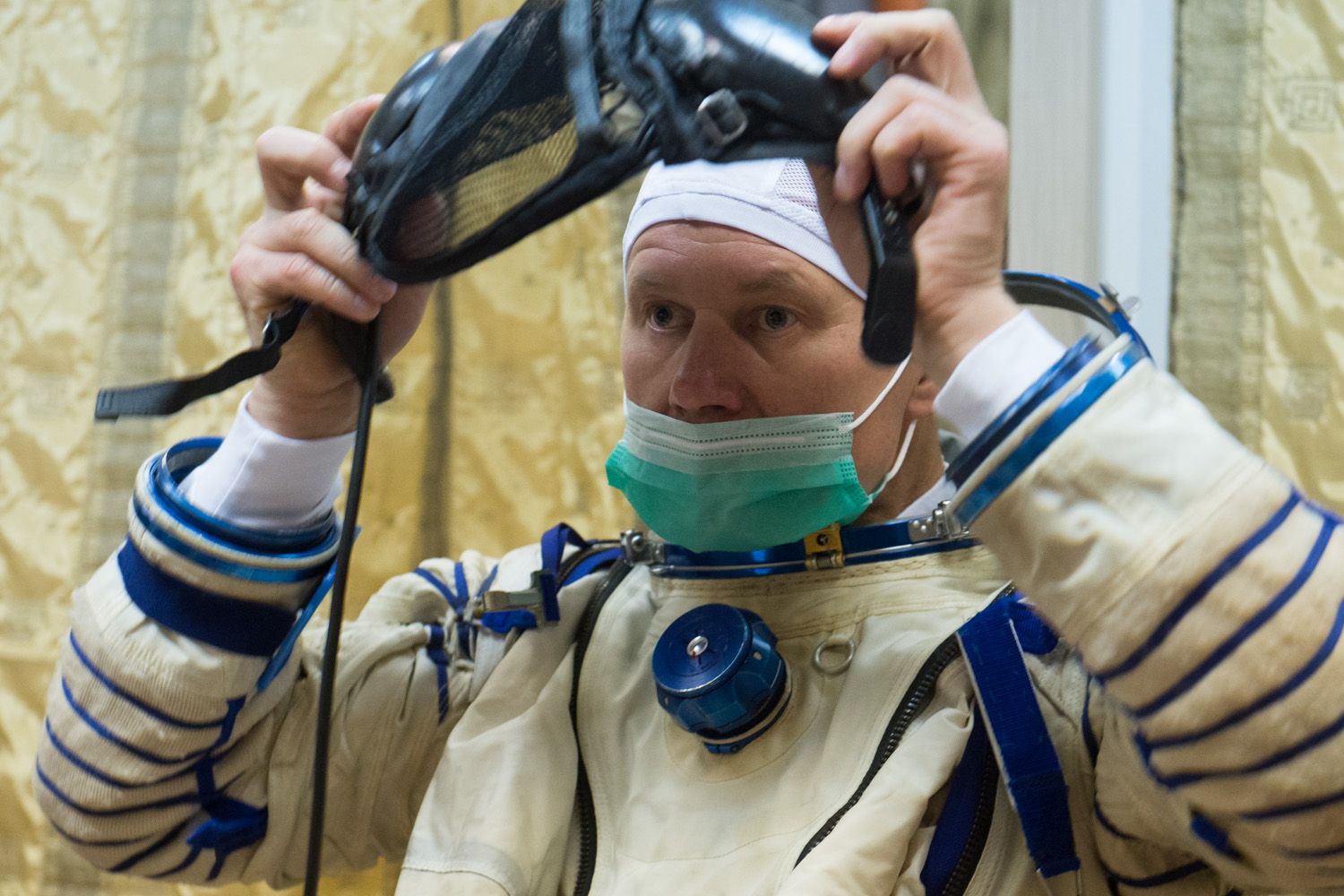
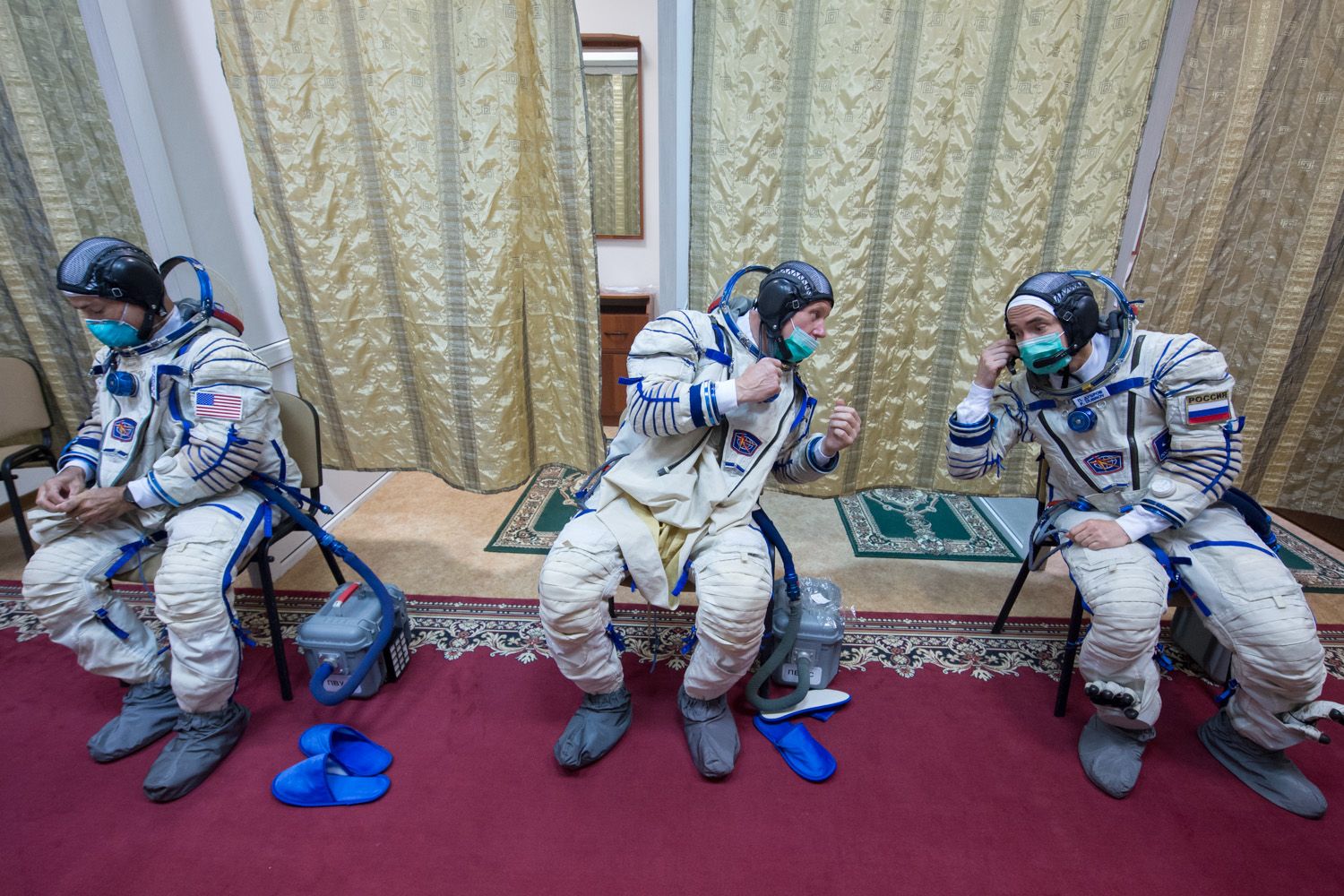

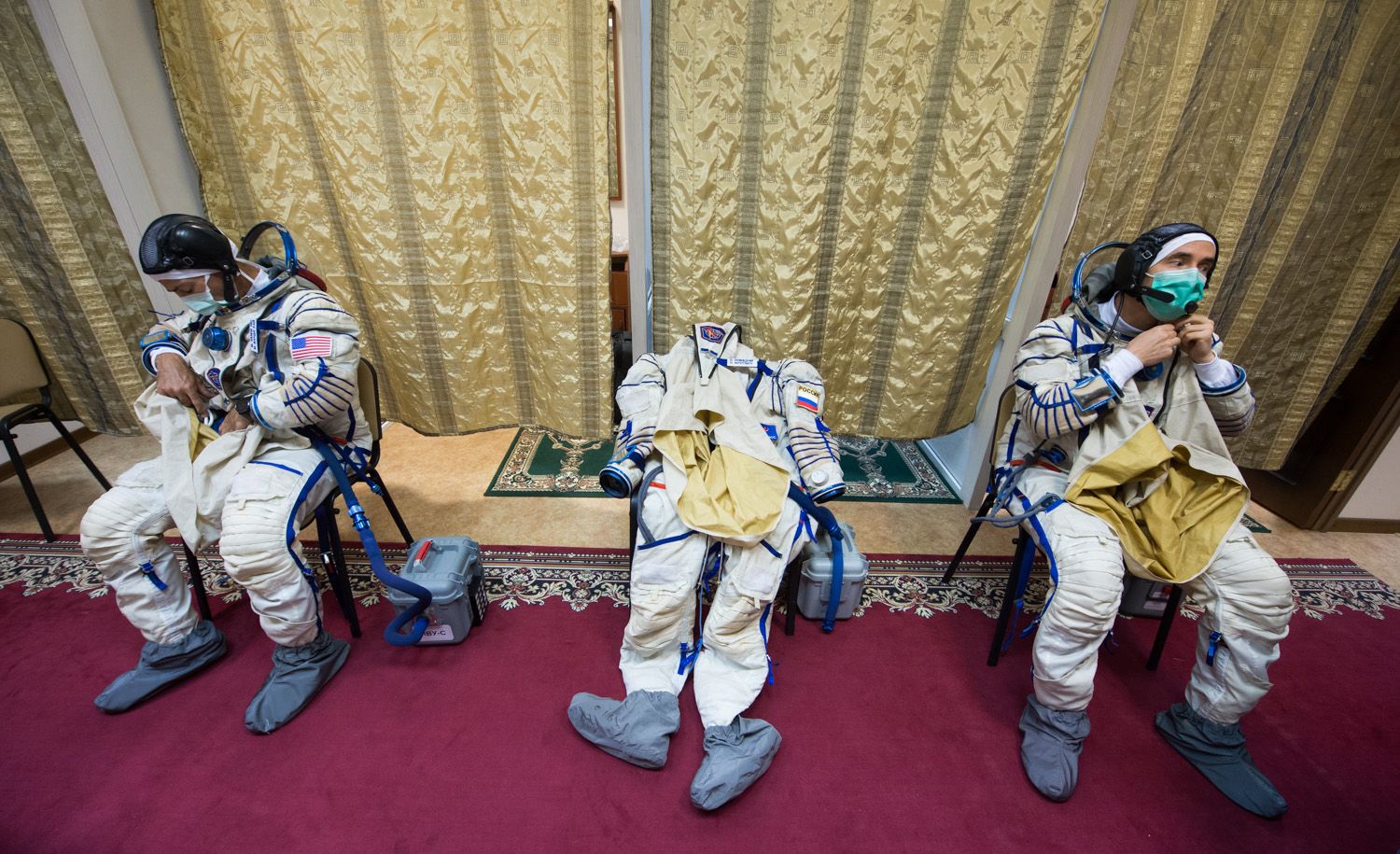
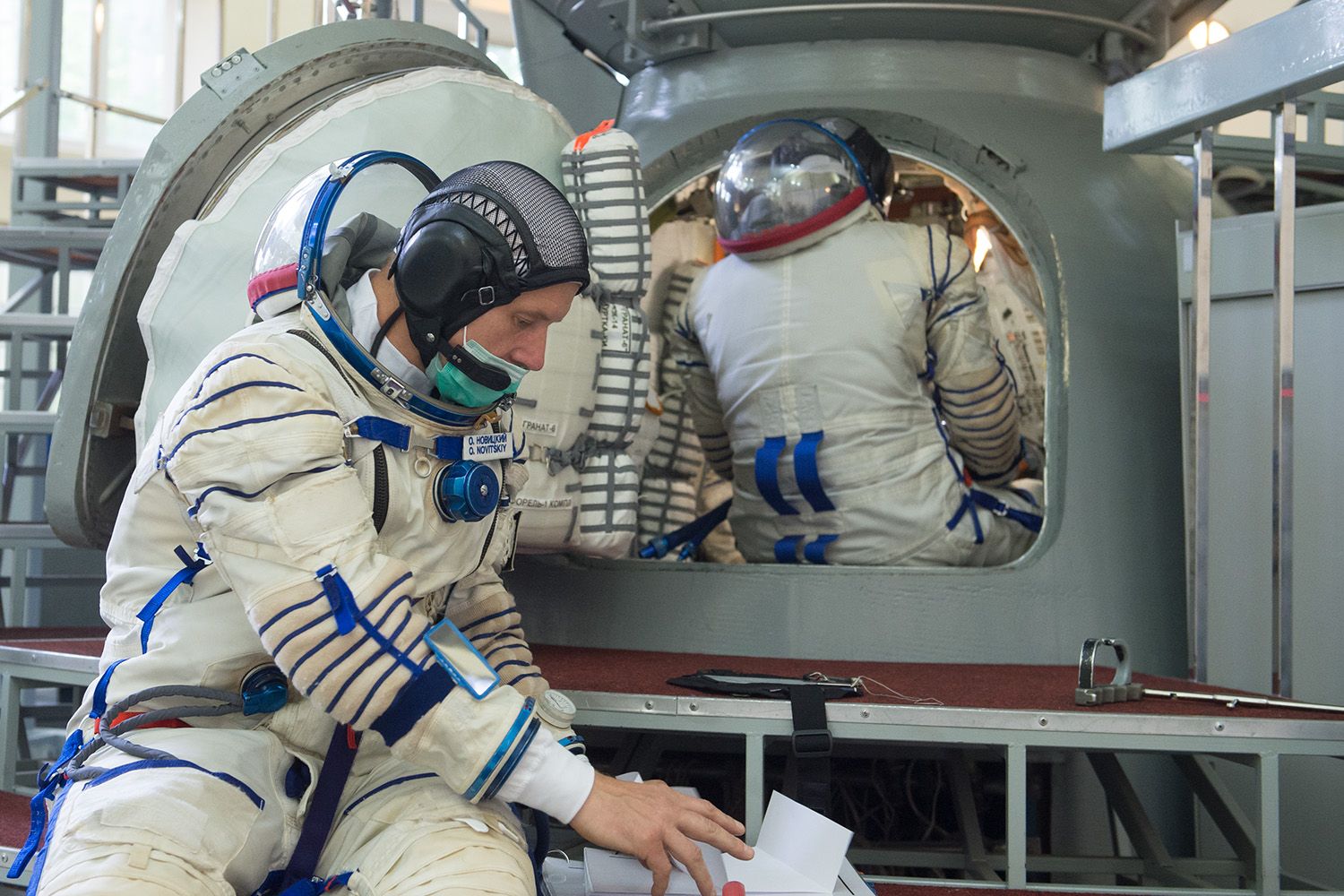
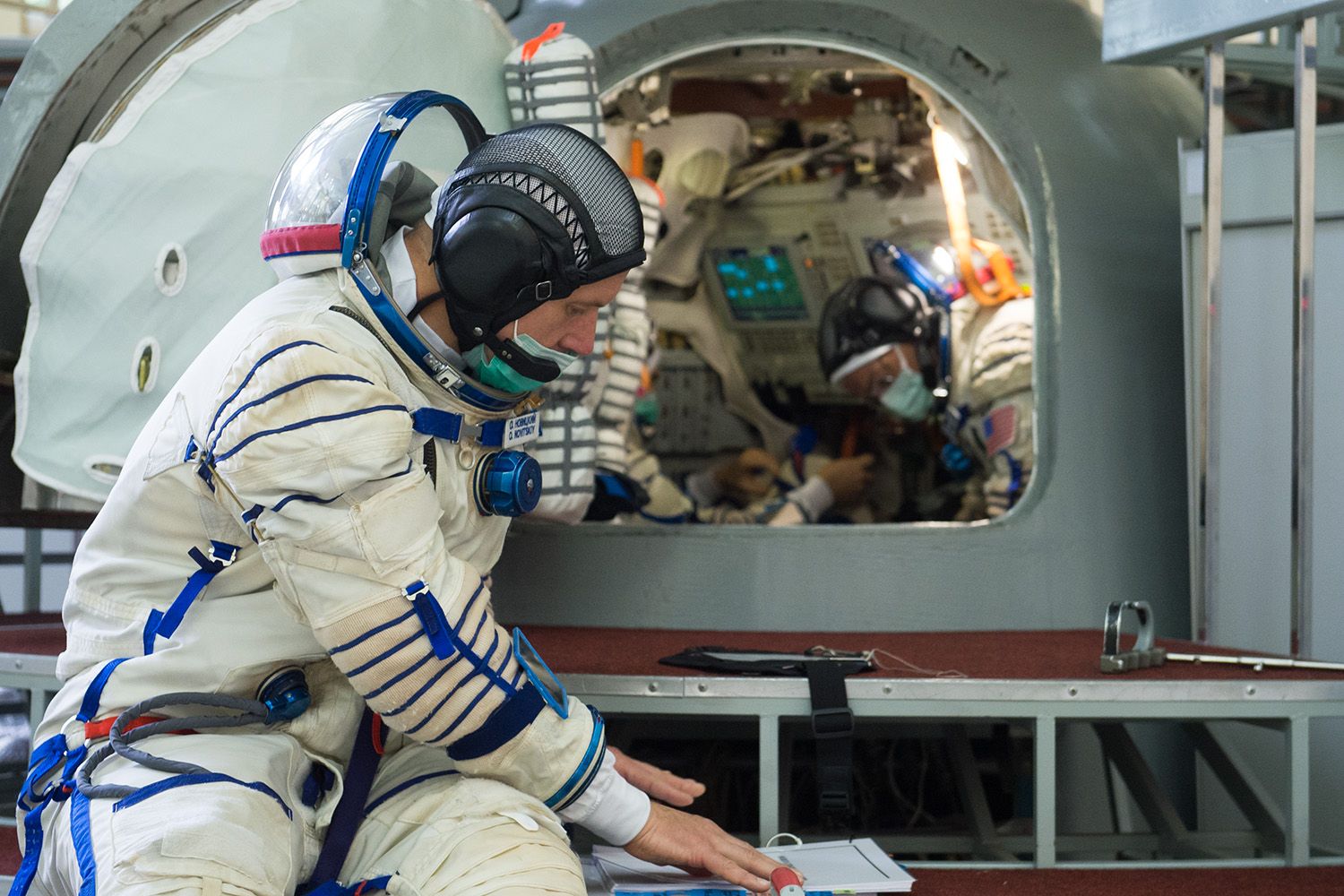
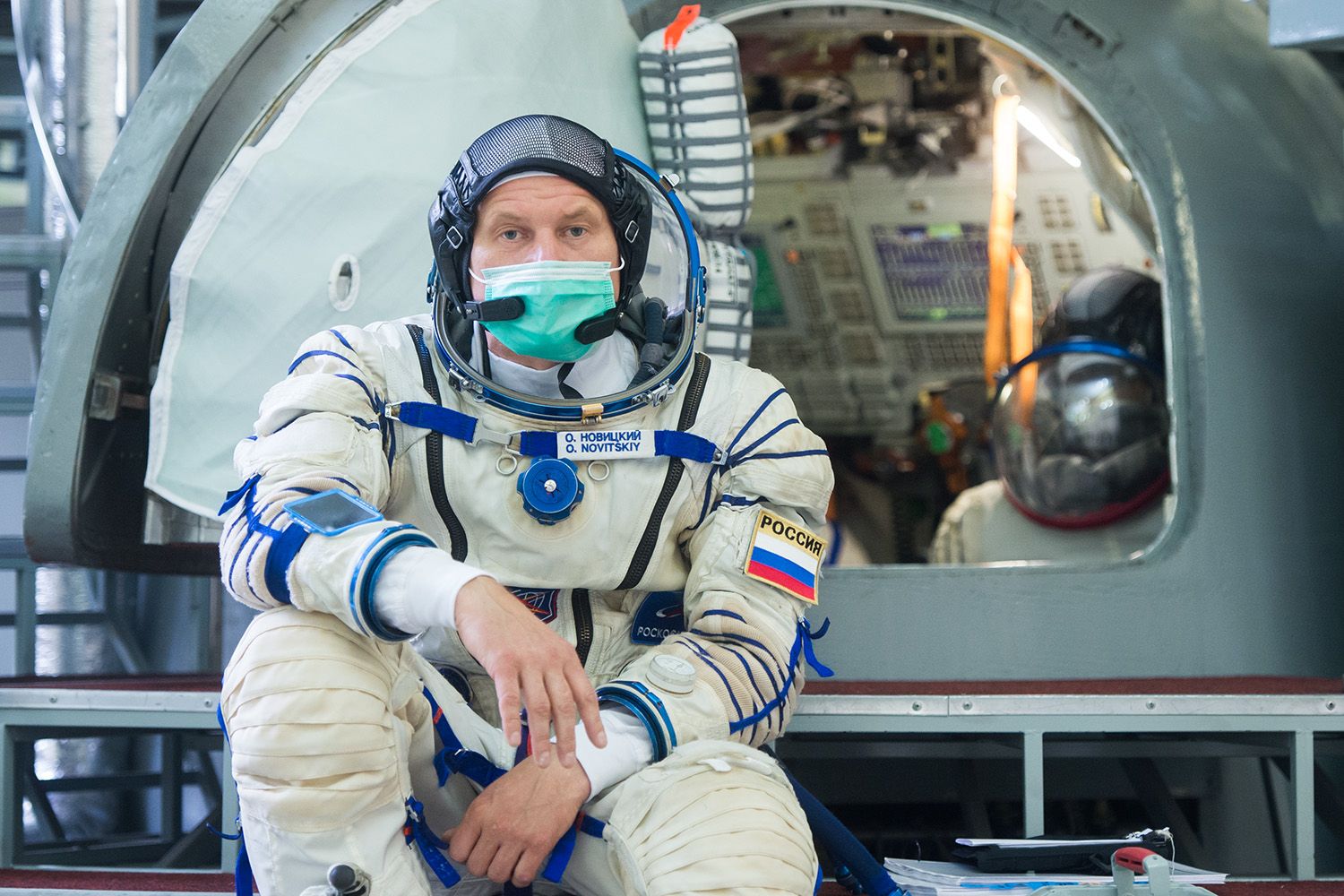
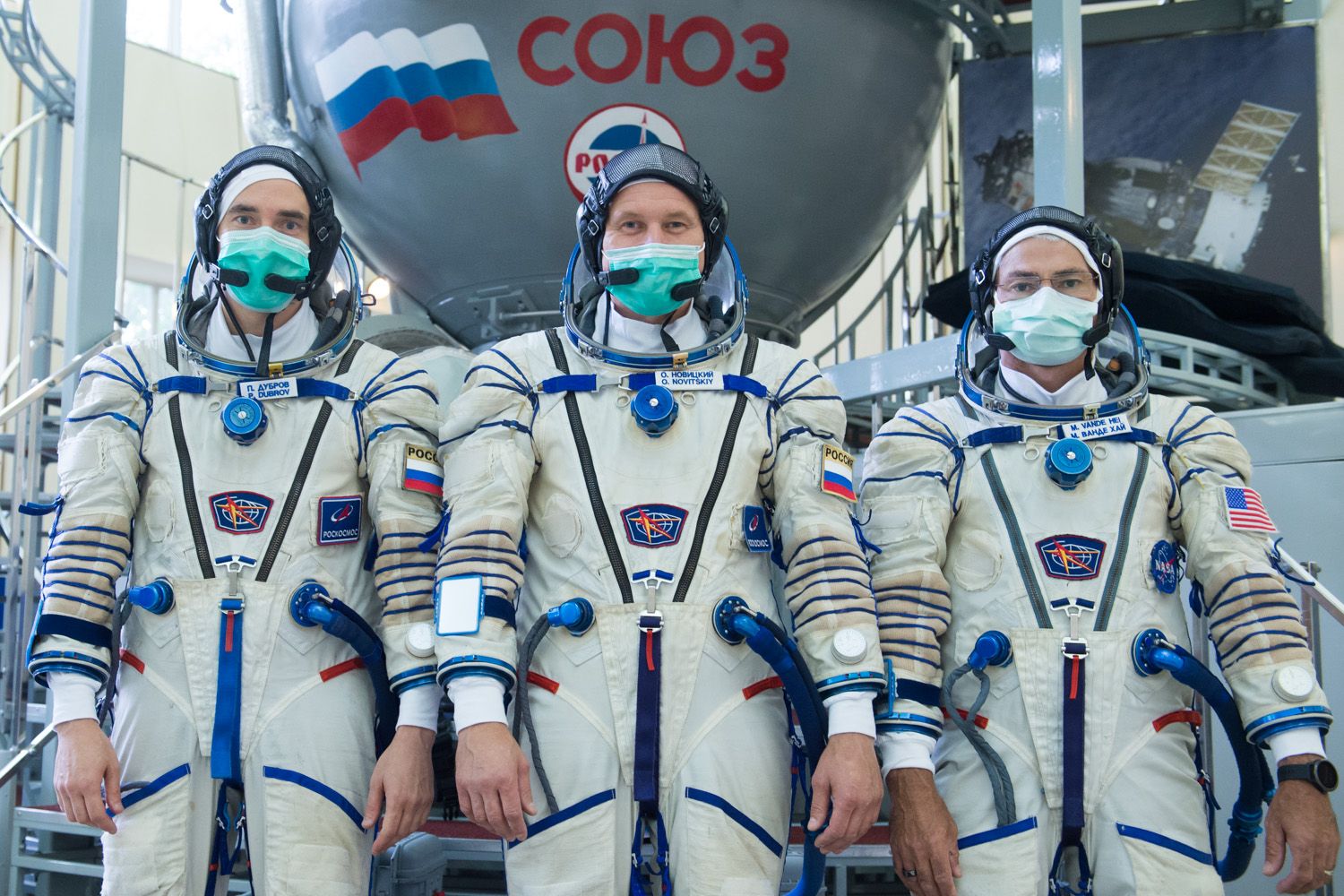
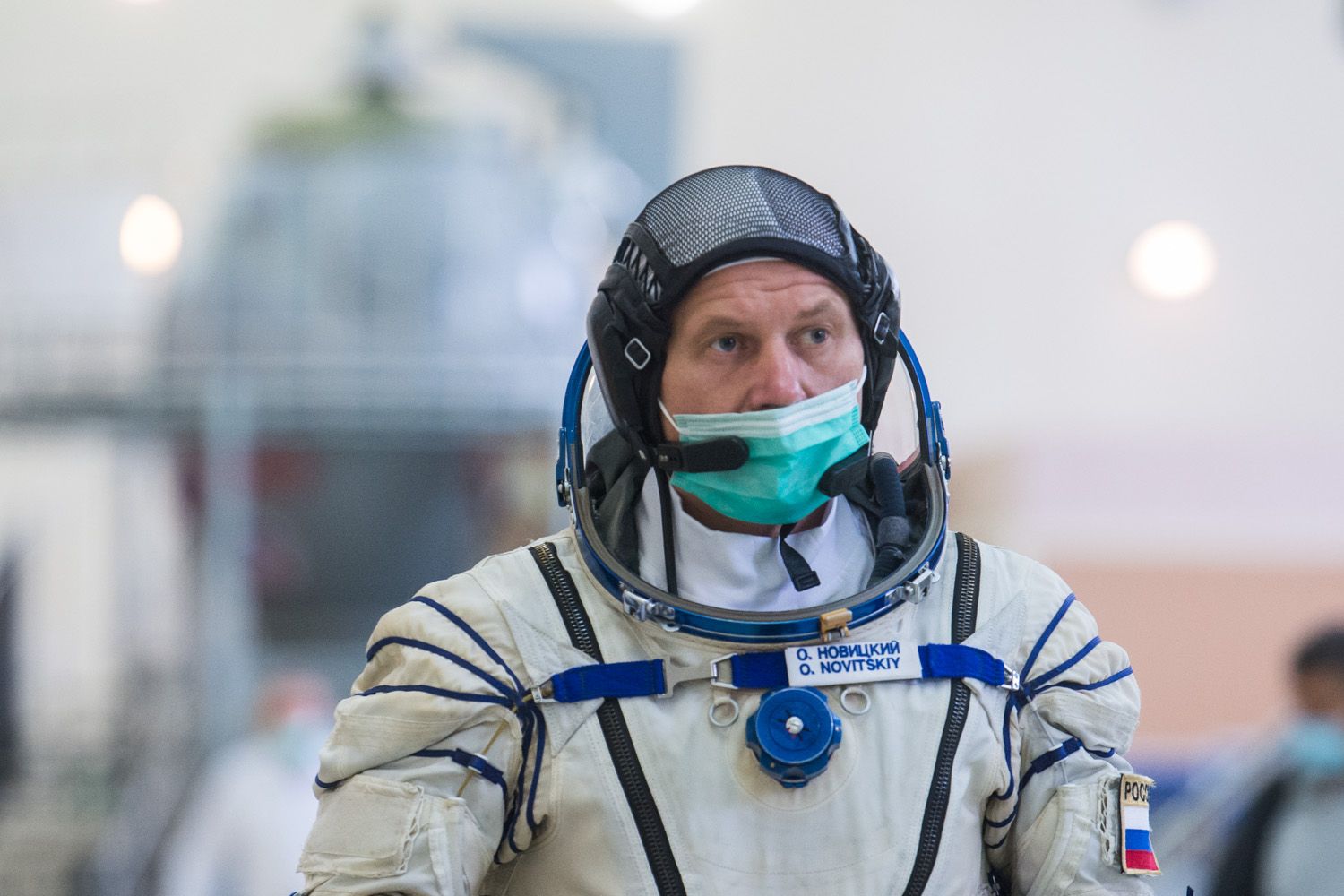
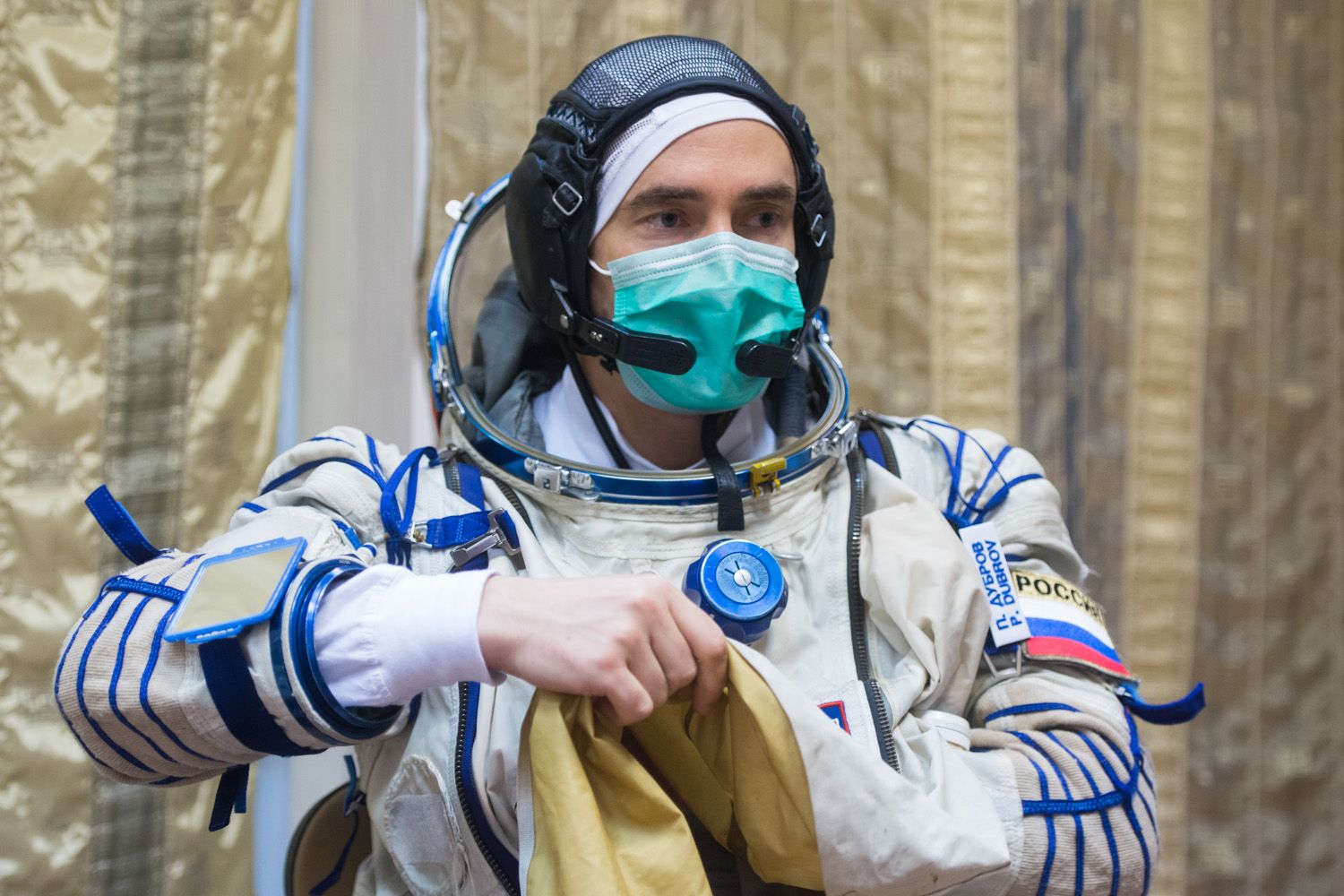
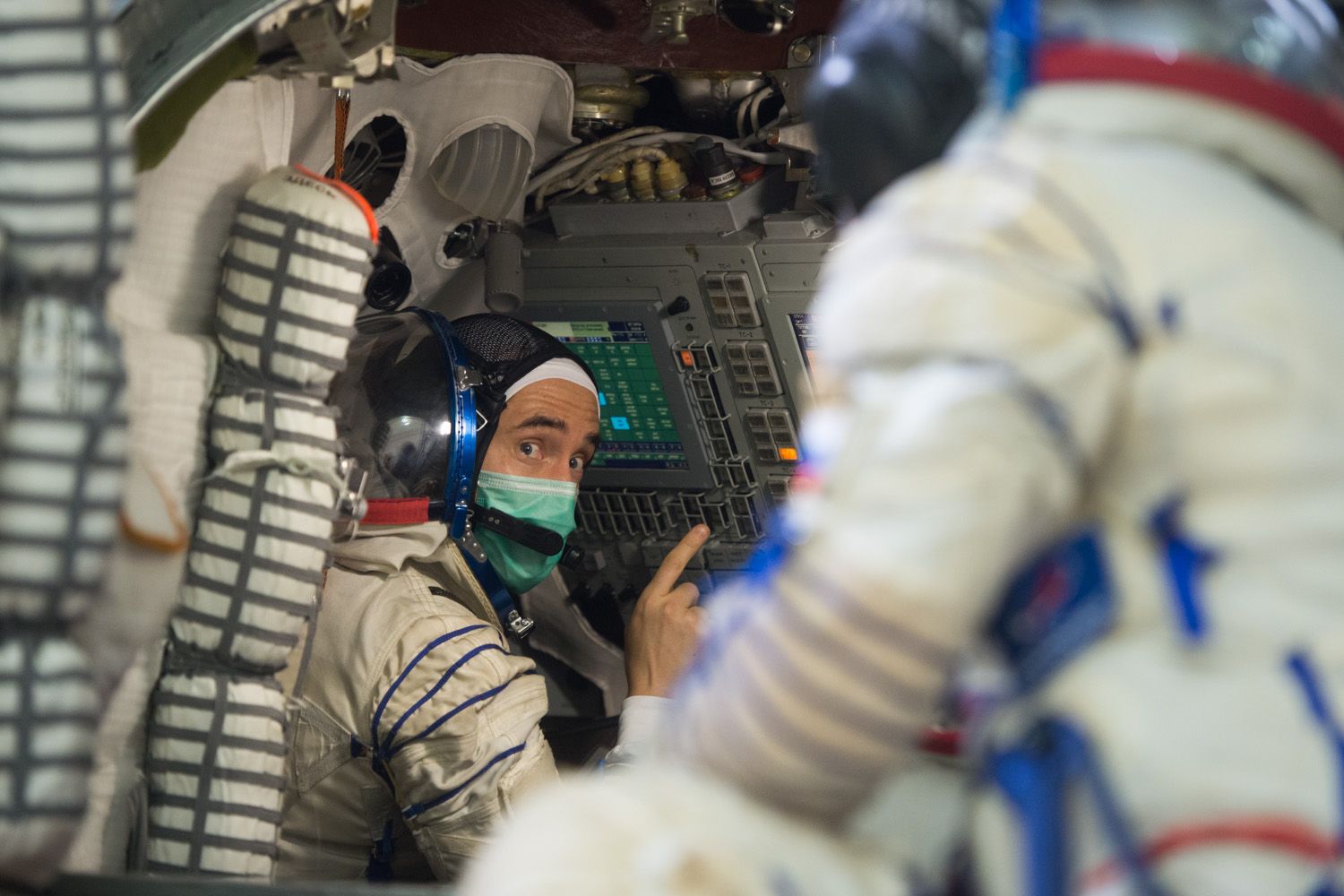
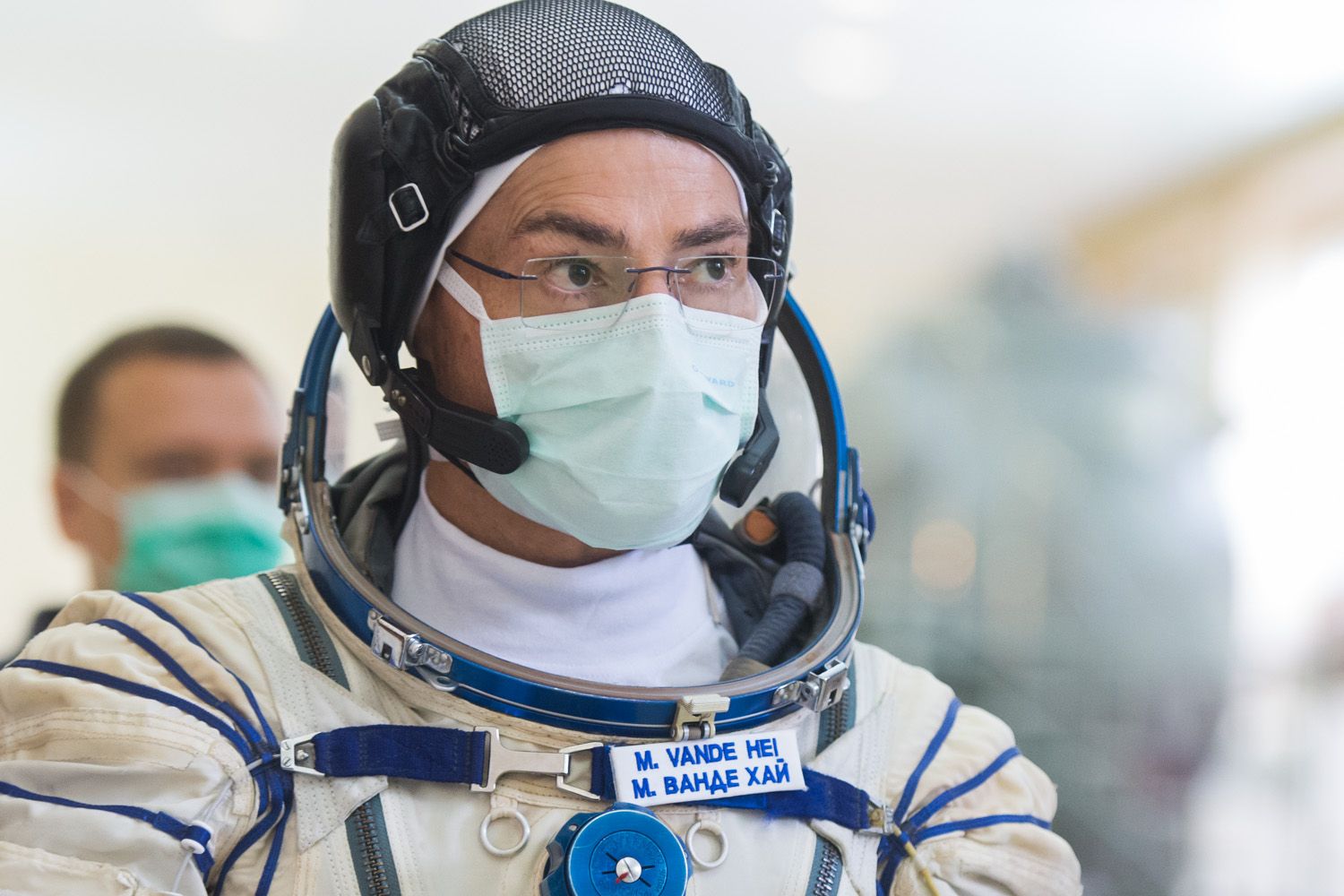
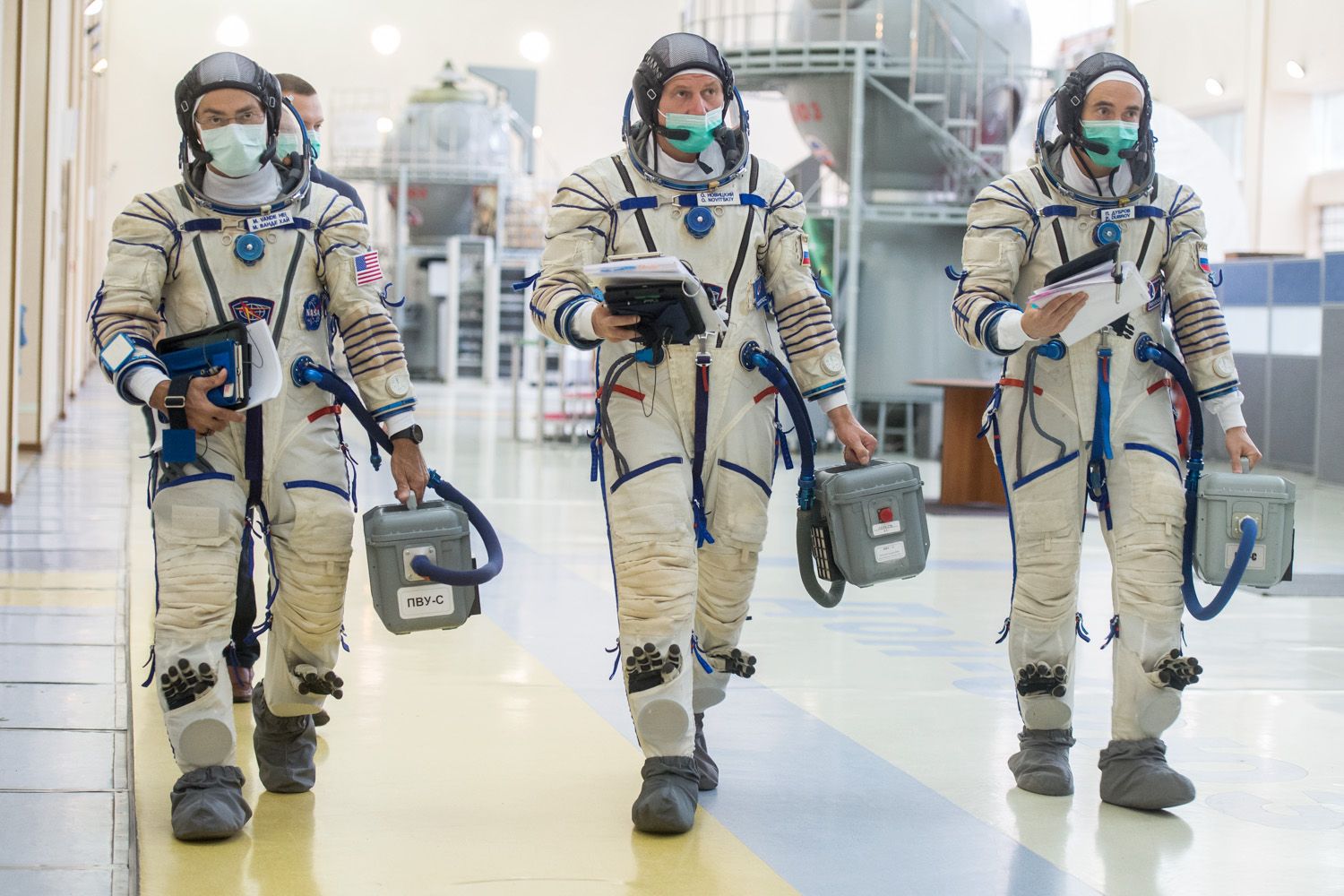
 Jet trainer flights in Russia
Jet trainer flights in Russia
 Baikonur cosmodrome tour
Baikonur cosmodrome tour
 Zero Gravity flights
Zero Gravity flights
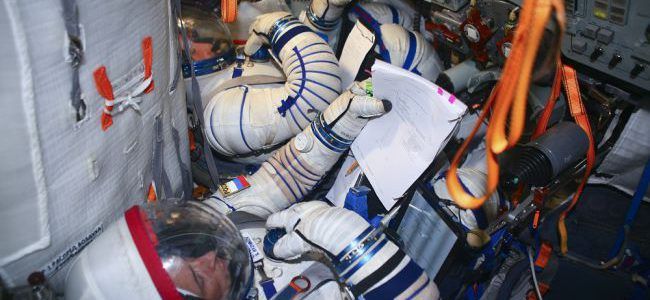

















At 22:55:56, Moscow time, on July 10 Arianespace Company and Russian Federal Space Agency joint operational crews launched Soyuz-ST-B booster with Fregat-MT upper stage and…
On September 13 Roscosmos cosmonauts Alexander Samokutyayev, Elena Serova, Mikhail Korniyenko and Gennady Padalka and NASA astronauts Barry Wilmore and Scott Kelly had the first…
Three senior managers at Russia’s Khrunichev space company were dismissed over a Proton-M space rocket’s crash last month, Deputy Prime Minister Dmitry Rogozin said Friday….
Science hardware Icarus, installed on the Russian Segment of the International Space Station as part of the Uragan space experiment developed by RSC Energia (forms…
Under the contract with European Arianespace Company Russia will deliver 13 Soyuz-ST boosters to be launched from Kourou spaceport in French Guiana by 2019, –…
On July 25, 1984 Svetlana Savitskaya became the first woman of the Earth, who made an exit into the open space. Outside the station Svetlana…
We are glad to announce first zero-g flight dates for the next year: April 14 and April 28. Group admission is on! Zero-g flight aboard…
On May 17, the assembly of the head part of the “Proton-M” space rocket for the launch of the Russian communications satellite “Yamal-601” began at…